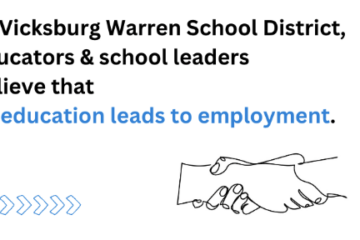Cross-posted from Education Week
The subject was the public’s reaction to the introduction of the Common Core in New York State. The venue was a middle school near Albany. In the hot seat was John King, New York State’s Commissioner of Education, conducting a three-hour hearing. While he got some support for the Common Core, most of those who spoke were angry.
Kathryn Biel described her fourth-grade son’s response when he came home from Forts Ferry Elementary School in the North Colonie school district. “New York State thinks we’re stupid. We did not pass the test,” Biel said recounting his frustration and loss of self-esteem. Deirdre Kelly, whose children attend Albany School of Humanities, said she is opting her children out of the testing and will urge other parents to take the same action. “It hurts them. They go home feeling bad,” said Kathy Neuffer, a teacher at Greenville Central School District in Greene County. “The new curriculum is not enjoyable,” said Reeve Churchill, age 13, an eighth-grade student at Myers Middle School.
We are reaping what we’ve sown. Over the last 20 years or so, the reading grade level of upper division high school textbooks has fallen from 11th and 12th grade to 8th and 9th grade. We have seen widespread grade inflation in our high schools. When our children get to college they can expect more of the same. At many, perhaps most institutions, B+ is, in effect, the lowest passing grade, and, in many institutions, college administrators effectively prevent college instructors from giving grades lower than that except in rare cases. The record shows that our colleges are providing fewer and fewer hours of instruction with every passing year and students are spending less and less time studying. But they still get the same degrees.
The questions asked when international comparative tests are given show that students in American schools typically believe that they are better at math and science than students in other countries believe they are, even though the converse is true; the foreign students outperform ours.
The results are predictable. Consistently given higher and higher grades for ever-more-mediocre work, our students have an inflated sense of their academic prowess. They expect learning to be easy and fun. They don’t expect to spend much time studying, but they confidently expect good grades and marketable degrees nonetheless.
It feels a lot like the housing market before the market crashed and brought on the Great Recession. What you see in the bitter, angry comments about the Common Core above is the results of our folly.
I spend a lot of time in schools overseas, especially in Asia. If anything, they have the opposite problem. In Korea, the top complaint of the authorities is that the parents push their children too hard, and that is without doubt true. Elsewhere, the students are not so driven, but, everywhere I go, parents expect their children to work hard in school and push them to do well. Standards have been steadily ratcheted up, not lowered, over the years. Nations are very aware of what children in other countries know and are able to do and these countries are determined to match the achievements of their peers. Students do not expect school to be easy; they know that they will have to work hard to get ahead.
The Common Core is the best chance the United States has to right our ship and match the achievements of other countries all over the world that are way ahead of us. That is because it is the only thing we are doing to pull the mask off of our foolish effort to solve our education problems by lowering our standards. Those parents and children are absolutely right. Responding to the challenge is going to require both students and teachers to work a lot harder. It may not be fun. Maybe New York State does not think you are so smart because you have not demonstrated that you know and can do what millions of kids in other countries know and can do at your age. Maybe it’s time to do something about that instead of reflexively doing what we have always done—lowering the standards, once again.
The single biggest challenge in implementing the Common Core will be raising the expectations of Americans for their children’s achievement. While American parents are pulling their kids out of tests because the results make the kids feel bad, parents in other countries are looking at the results and asking themselves how they can help their children do better. If our parents do not start doing the same, the Great Recession in education will begin to look a lot like another Great Depression.





